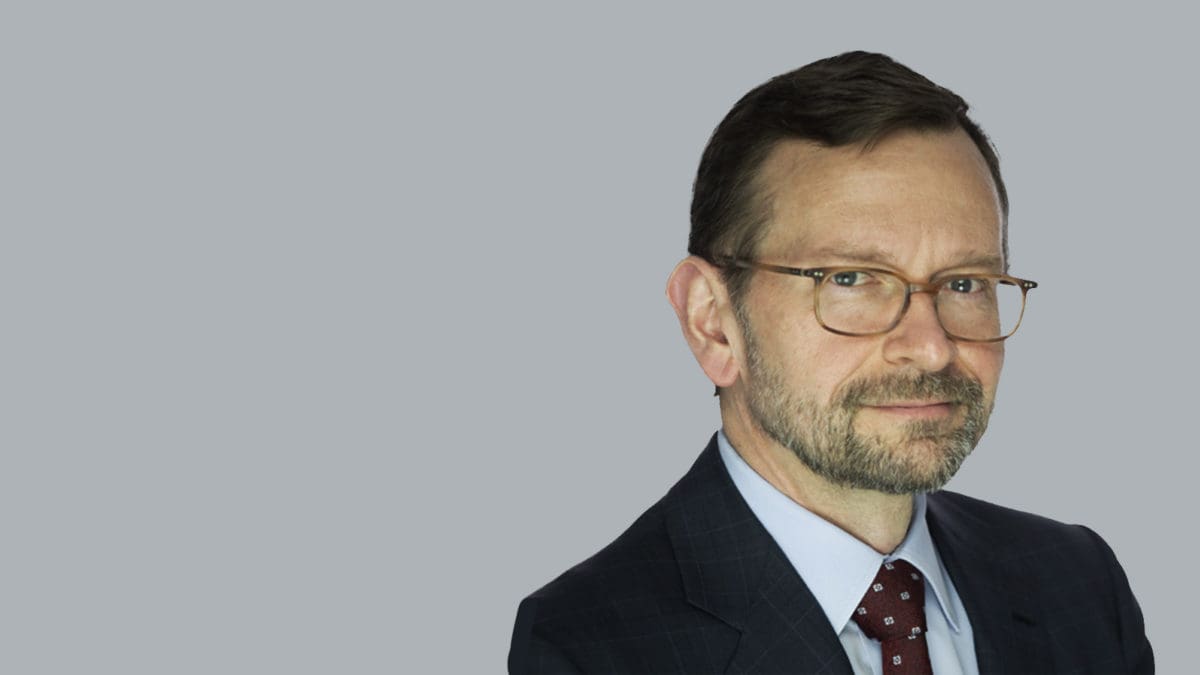Extreme weather, persistent inflation: ‘peak fear’ is here
“The challenge here for the Fed is that we have price increases that are outpacing wage increases; rent increases that are accelerating; and the worry that workers don’t go in and ask for a five per cent raise – they go in and ask for a 10 or 15 per cent raise, which then feeds into the price of goods and services,” Ron Temple, managing director and co-head of multi-asset and head of US equity at Lazard, told the Morningstar Investment Conference on Wednesday (June 1).
The structural view is little better than the near-term outlook. The surge in demand for goods and the shortfall of supply of those goods during the pandemic are anomalies that won’t be sustained; instead, the true underpinnings of structurally high inflation will be deglobalization (the pressure on companies to move their supply chains closer to home amidst heightened geopolitical tensions); the transition to renewable energy; and the pressure that climate change will put on national balance sheets.
Temple believes that these constitute “the most disruptive economic events of our lifetime”. The world will be spending trillions per annum on transition and mitigation to literally keep its head above water. All that effort will only preserve current standards of living, creating “the definition of more inflation.”
And “wildly anomalous” temperatures – which will become less anomalous in the future – will also compound the situation. In October of 2021, an area just outside Milan received 29 inches of rain in 12 hours. Had that occurred over a major transportation area like the Mississippi River, it could disrupt supply chains for weeks, if not months.
“I worry these weather events will become more frequent, raising the cost of supply chains, raising the need for more redundant supply chains, and that will also be costly and add to inflation,” Temple said.
“Lower labour productivity is another side effect or implication… when you look at low-income countries where people work outdoors, climate change and heating become more and more impactful and negative and lower the standard of living, increasing the number of hours to get goods produced.”
But despite all of that, Temple’s base case is not for a US recession, which he instead puts at a 30-40 per cent chance on the basis that “robust household balance sheets and an improving federal deficit outlook” will mean the US only experiences a slowdown in growth rather than the two consecutive quarters of GDP compression required for a technical recession. That wouldn’t be the end of the world either, but would represent an obvious headwind for profit growth.
In this new environment of “peak fear”, there seem to be few safe harbours. Developed market sovereign debt remains unattractive, while convertible bonds “might be an interesting place to be”; emerging market debt and investment-grade corporate debt are also worth looking at, Temple says. The story is “more interesting and more complicated” in equities, where – based on past inflationary epochs – owning the market is unlikely to make investors any money in real terms.
“My fear factor for the next three-to-five years with three- to three-and-a -half per cent inflation, we may well be in an equity market that gives you three to five per cent returns – which is not a very good return given the risk, but if you’re active you might get a substantial additional alpha on top of that which might make equities worth being involved in,” Temple said.
Temple is now looking at the equity market within the context of duration of cashflows: at the shorter end of that duration are deep-value cyclical companies with inflated earnings that investors don’t believe can be sustained; at the opposite end is speculative growth, with all of the value terminal.
Temple doesn’t like “either end of that barbell”, and is instead looking to quality growth companies – companies with a large addressable market and a long runway to reinvest capital, lengthening the duration – and quality value companies – which might not be able to reinvest all their capital generation into growth, and so will instead dispense it to shareholders through dividends and buybacks, shortening the duration.
“I think that’s the sweet spot,” Temple said. “If you can identify, based on fundamental analysis, the bottom-up companies that have enduring franchises, enduring advantages like brand value, networking, low-cost production – those companies will be better positioned to pass through price increases during a period of higher inflation and to sustain their margins and return on capital in the future.”
“And because of the equity market sell-off we’ve seen in the first four or five months of 2022, we’ve seen these stocks trading down in valuation to quite attractive levels.”











